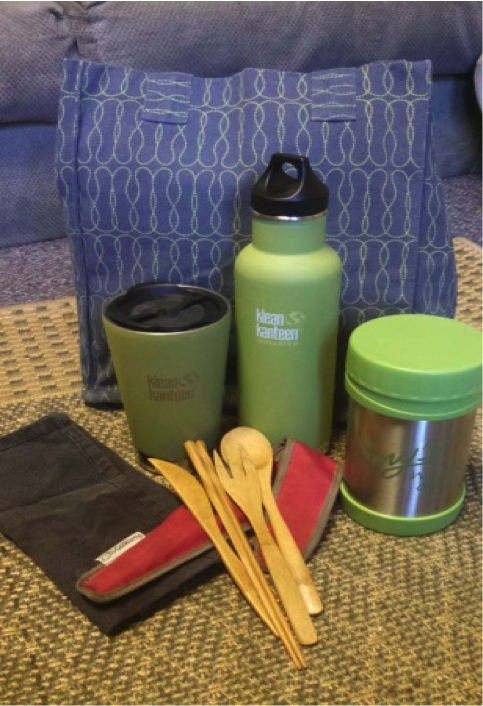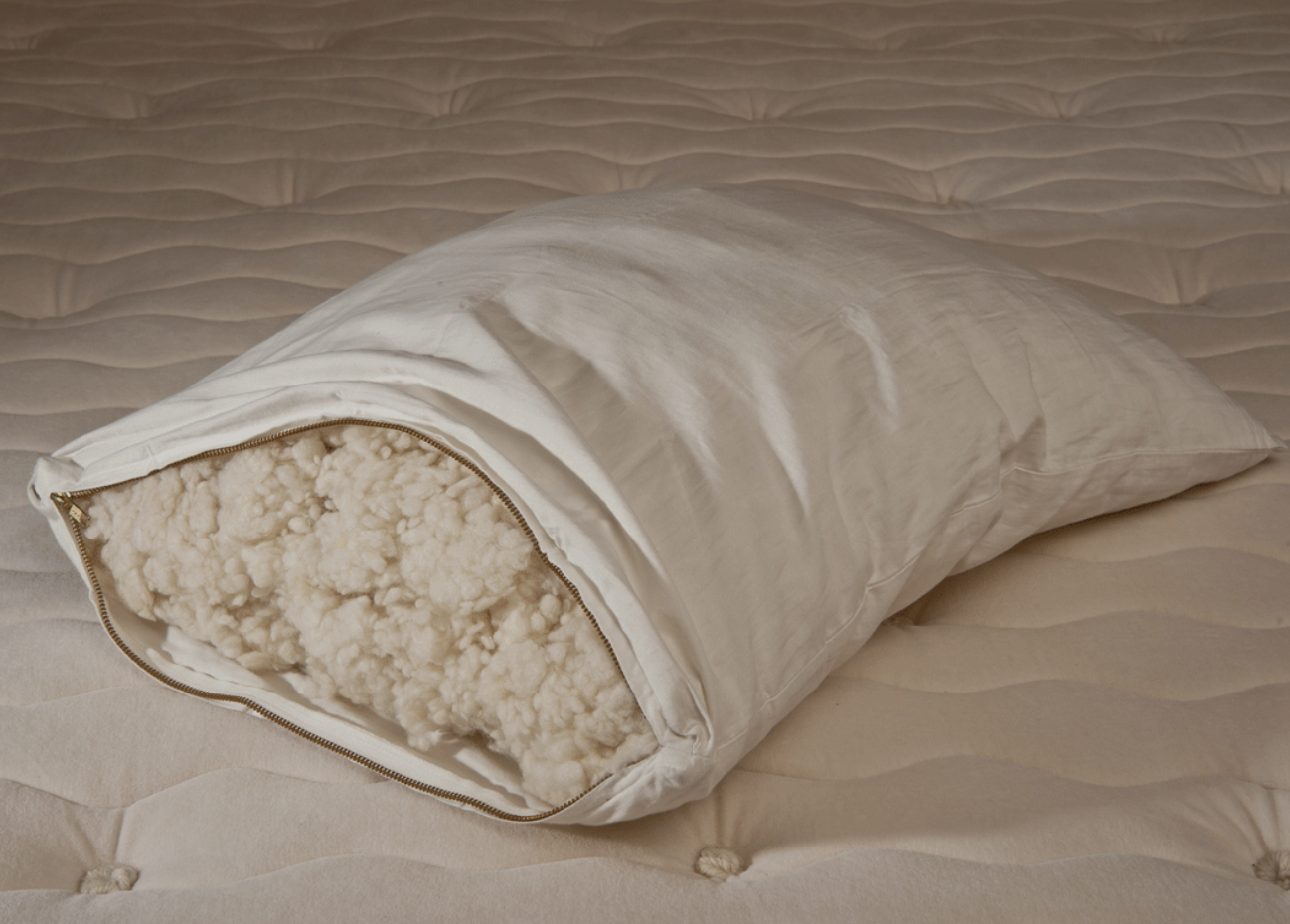 by Reilly Reynolds (OWU ’16)
by Reilly Reynolds (OWU ’16)
Imagine if you will: a world without garbage. No landfills, no dumps, and no garbage trucks driving down the street once a week to pick up bags and bags of trash. It’s a nearly impossible world to imagine, but for the past 3.5 weeks, I have tried to do my part to get a little closer to that world. I delved into the lifestyle modernly known as “zero waste”…or at least I attempted.
I made a plan all those weeks ago to take the steps necessary to reduce my garbage footprint. I made a list of what I would do to toss my trash habit. I would:
- Collect all the trash I did make in a mason jar so I could evaluate what I used the most of.
- Carry reusable items with me everywhere.
- Create DIY products to replace some of my more waste intensive/ less planet friendly products.
- Reduce my consumption of packaged/processed foods.
 The first day of my new lifestyle, I bought a hot chocolate without thinking about the reusable mug I had with me. I gained a paper cup to throw in my mason jar. The second day, I realized that every time my school dining hall charges for a meal, an automatic, unrecyclable receipt prints
The first day of my new lifestyle, I bought a hot chocolate without thinking about the reusable mug I had with me. I gained a paper cup to throw in my mason jar. The second day, I realized that every time my school dining hall charges for a meal, an automatic, unrecyclable receipt prints
We live in a trashy world. As such, I had to get creative. I started saving my receipts, and I crafted a to-do list note pad. It’s not a perfect solution, but it’s a start. At least those tiny slips of glossy paper will have one more purpose before the landfill gets them.
My goal was to have only accumulated one mason jar of trash by the time the month was up. With three days of the month left, I have filled two jars.
Examining the contents, I see:
- 2 paper coffee cups
- 6 single-serving chip bag wrappers
- 3 granola bar wrappers
- And various kinds packaging from food, clothing, and assorted day-to-day items
I consider the month a success. ![]() I didn’t hit my goal, but I did learn a lot about my consumption patterns, and I made decisions I wouldn’t ordinarily make. I started refusing straws at restaurants, carrying my own take-out containers with me, and sending an email to my school’s dining services director to see if there’s anything we can do about those blasted receipts.
I didn’t hit my goal, but I did learn a lot about my consumption patterns, and I made decisions I wouldn’t ordinarily make. I started refusing straws at restaurants, carrying my own take-out containers with me, and sending an email to my school’s dining services director to see if there’s anything we can do about those blasted receipts.
I followed my plan pretty closely. I carried my thermos, travel mug, water bottle, cloth napkin, and silverware with me everywhere, and though it frustrated some baristas and servers, others accepted (and even praised!) my sustainable choices.
My processed food consumption could be improved. Chips are my downfall, but I suppose I will just have to learn to make my own. After all, it turns out I’m okay at making my own things. I crafted natural hair mousse, laundry detergent, a foot scrub, and body moisturizer this month! Once I run out of my current shampoo and conditioner, I’ll try my hand at those too.
Will I continue my zero-waste trend? That’s the plan. We’ll see if I can meet my mason jar goal next month. 
For me, being zero-waste has become more than a new way of life. It’s also a mission, a challenge. It’s a way to start recognizing the patterns of consumption that we all take for granted every day. It’s a way to make change, and encourage others to ask questions.
Perhaps most importantly, trash stinks for the Earth, and we’re running out of places to put it. So rather than finding a new landfill spot, I propose that we cut our consumption.
Let’s take a hard look at what we buy, why we buy it, and how we can buy it more sustainably. Let’s vote with our wallets.
Let’s write letters to corporate executives and ask for less (or at least more Earth friendly) packaging. Let’s make change, because we can.
In fact, it would be a waste not to.
For me, being zero-waste has become more than a new way of life. It’s also a mission, a challenge. It’s a way to start recognizing the patterns of consumption that we all take for granted every day. It’s a way to make change, and encourage others to ask questions.
Perhaps most importantly, trash stinks for the Earth, and we’re running out of places to put it. So rather than finding a new landfill spot, I propose that we cut our consumption.
Let’s take a hard look at what we buy, why we buy it, and how we can buy it more sustainably. Let’s vote with our wallets. Let’s write letters to corporate executives and ask for less (or at least more Earth friendly) packaging. Let’s make change, because we can.
In fact, it would be a waste not to.






